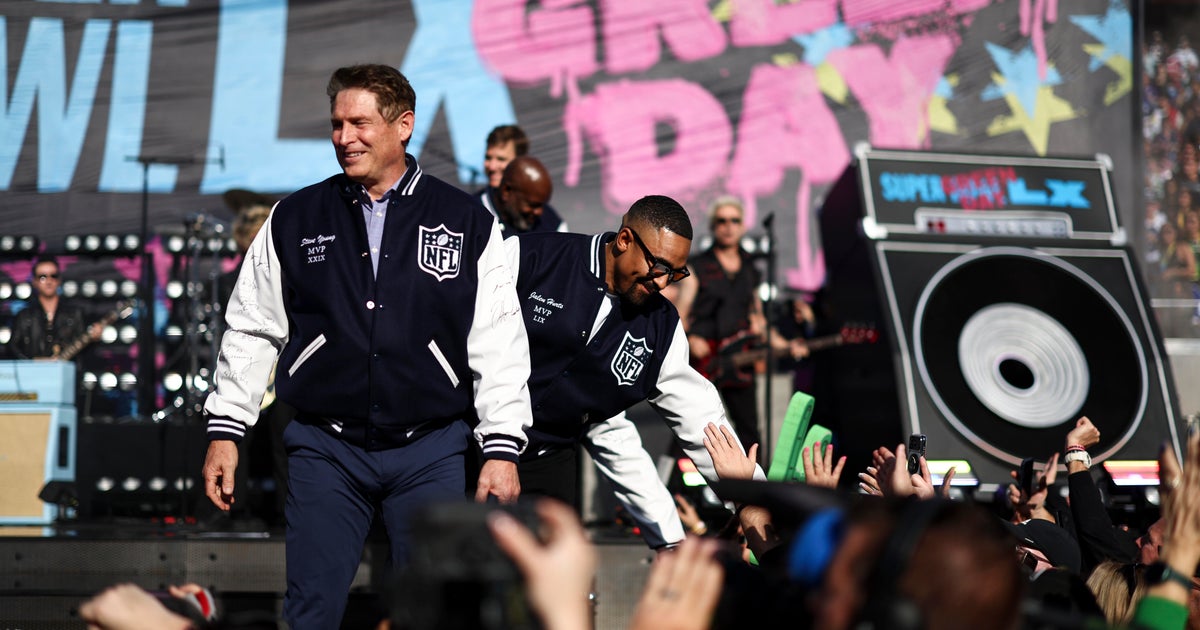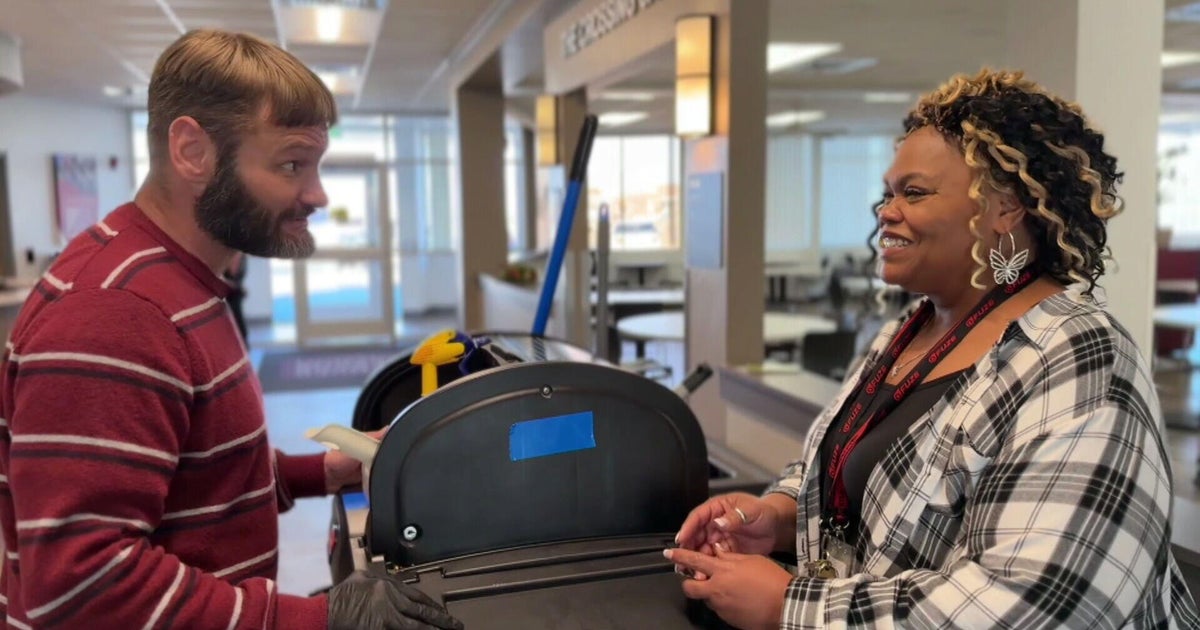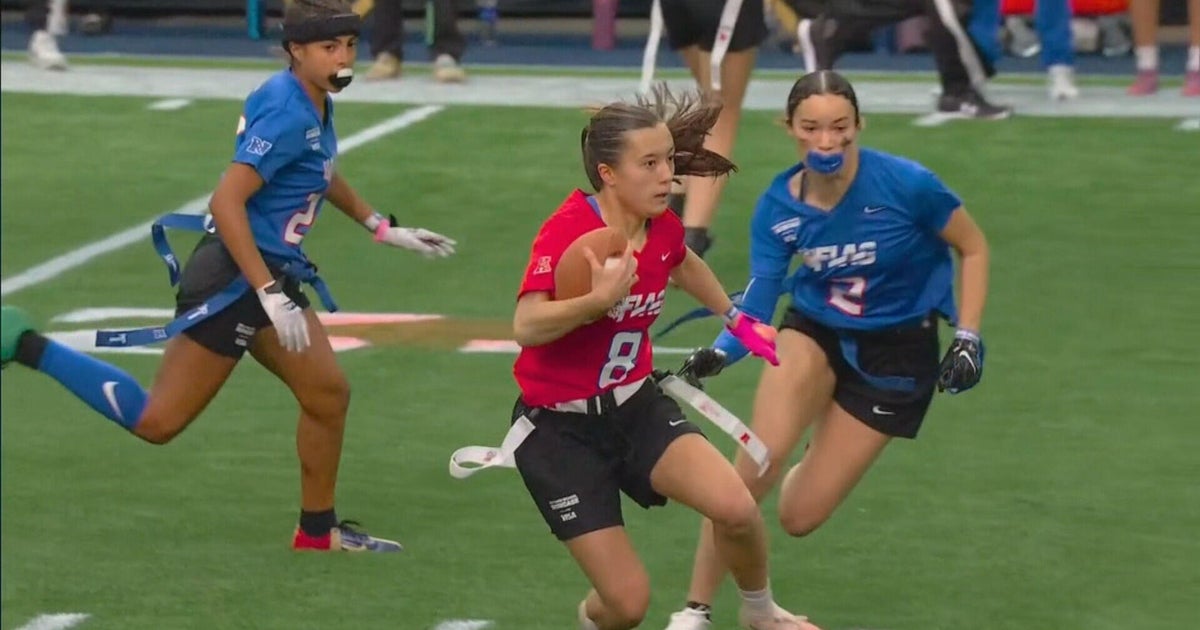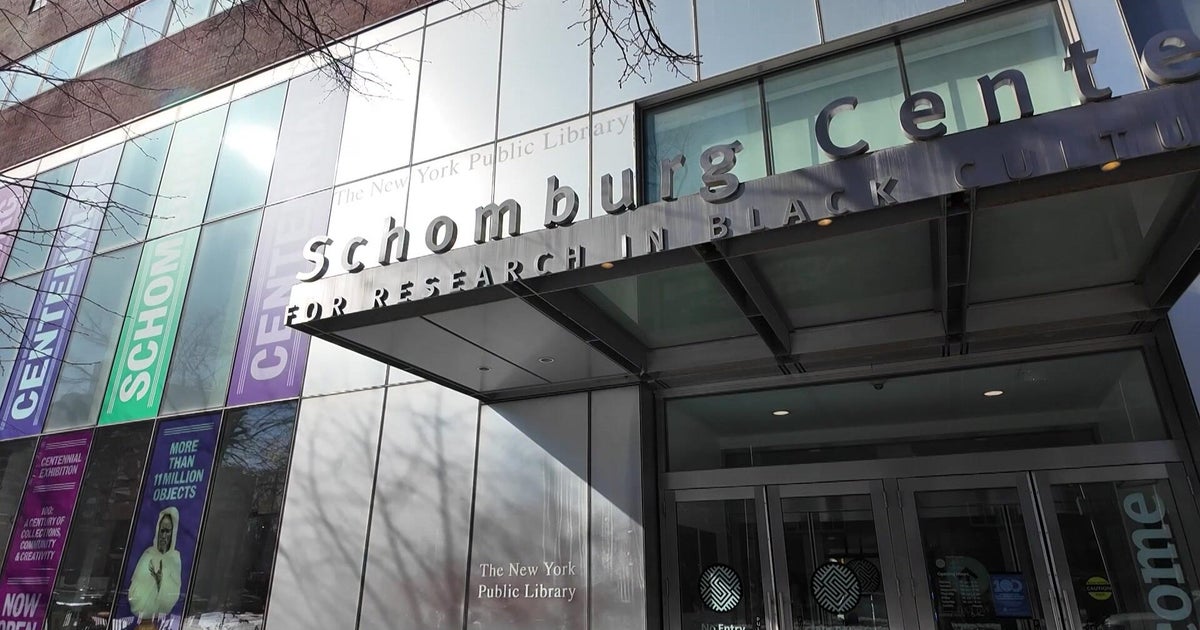Bernstein: Ricketts, Cubs Learn From Mistakes
By Dan Bernstein-
CBSChicago.com Senior Columnist
(CBS) Tom Ricketts met his wife in the Wrigley Field bleachers, or so goes the legend that was spun as he and his siblings purchased the Cubs in 2009.
And the first thing he did wrong as an owner was marry himself to that ballpark.
It sounded all nice, the dressed-up backstories of their devoted fandom and allegiance to tradition, history and nostalgia, and it helped them win hearts and soothe nerves that had been tested by previous owners. It also helped undercut any leverage in trying to fix what became a crumbling dump.
His due diligence can be questioned, since the estimated price tag for the upkeep project has been on a steady climb since they took over. It was $100 million, then $200, and now $300. They knew chunks of concrete were falling, but failed to see all that would have to be done to ensure real viability – like homebuyers so in love with a quaint dream-house that they see only what they want in the inspector's report.
Having made a clear public statement from the outset that playing elsewhere was not an option, he found himself unable to wield any negotiating power in an attempt to defray the soaring cost of the project. There was no threat to anyone, no reason to act, no political capital to spend, and a mayor unwilling to accommodate him.
The next steps were even more unfortunate, when Ricketts floated a proposal in 2010 for $200 million in public money via an amusement-tax subsidy. The plan crashed and burned spectacularly, earning swift condemnation on editorial pages, derision on the airwaves, and outright rejections from both City Hall and the governor's office. The bill never even got to the floor in Springfield.
Sloppy, disorganized and shockingly tone-deaf to economic conditions on every level, the tax grab disaster forced the Cubs to retreat and regroup. As Ricketts successfully wooed Theo Epstein and launched a grand, ambitious rebuilding of the baseball operation, he was also confronting the fact that when it came to fixing Wrigley, he was cornered.
But some time, some luck and some savvy now have now given him reason for optimism. Richard Daley is out of office, and Rahm Emanuel has been far more amenable to even discussing the city's role – if any – in assisting the rehabilitation of the park and the surrounding area. Back-channel talks have been cordial and ongoing, even as Emanuel crafts his public position as a protector of taxpayers' interests.
Just as important was the hiring of Julian Green to the newly-created position of vice president for communications and community affairs. Polished, connected and politically skilled, Green helped recast and reset the outreach, while providing a new face and voice to negotiations.
The pitch has been cleverly altered as well. The new aim for Ricketts is to get out from under restrictive landmark regulations that prevent him from maximizing revenue from signage. He says he'll pay to fix Wrigley, if the neighborhood, city and state will only let him. That's a perfectly reasonable request, already gaining traction.
Ricketts can handle the expected opposition, since there is little public sentiment for the rooftop owners angry about interrupted sightlines. Most understand that they have been charging for someone else's product for years, so they're not exactly a sympathetic cause. Alderman Tom Tunney will push back on behalf of the campaign-contributors in his ward, but he understands the ultimate value in continued symbiosis, and that the rising tide of Cubs-related income lifts all ships. If Emanuel wants it done, it will get done, after the usual horse-trading.
Ricketts has stumbled, twice, on the path to modernization of his business and his ballpark. He should not have surrendered the threat of moving the team, and he may not have done his homework in researching just how dilapidated Wrigley Field was, or how restrictive the legislative entanglements would be in trying to make upgrades. He underestimated the effect of the larger headwinds caused by city, county and state governments saddled with financial woes.
But it appears he's finally in control of this, and there's a way to see it actually getting accomplished. Give him credit for having already fixed something.

Dan Bernstein joined the station as a reporter/anchor in 1995, and has been the co-host of Boers and Bernstein since 1999. Read more of Bernstein's columns, or follow him on Twitter: @dan_bernstein.
The Boers and Bernstein Show airs every weekday from 1PM to 6PM on The Score, 670AM (or you can listen online).
Listen to The Boers and Bernstein Show podcasts »







